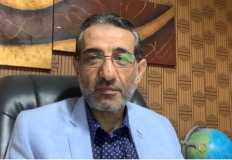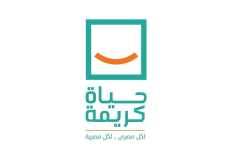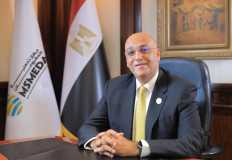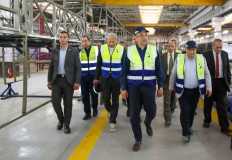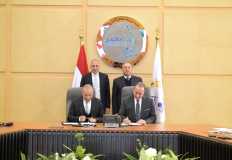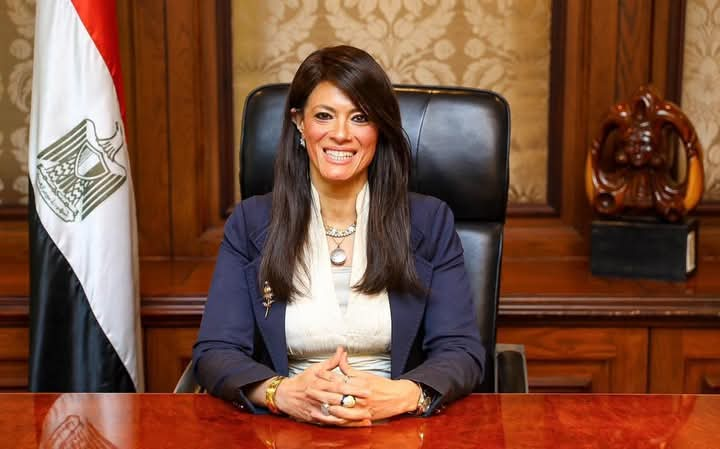
In its plenary session today, Monday, the House of Representatives approved President Abdel Fattah El Sisi Decision No. 383 of 2024 approving the agreement with the African Development Bank to contribute to financing the first phase of the program to support private sector development and economic diversification within the framework of supporting the state’s general budget with of $131 million. .
Dr. Rania Al-Mashat, Minister of Planning, Economic Development and International Cooperation, confirmed that the agreement with the African Development Bank complements the efforts made with international partners to implement the national program for structural reforms, budget support and private sector development, after the Council recently approved the first phase of the macroeconomic support mechanism with the Union. European Union worth one billion euros.
She explained that the program to
develop the private sector and diversify the economy, implemented in
cooperation with the African Development Bank, focuses on two key objectives:
first, encouraging private sector investments by supporting measures to improve
the investment climate and strengthen the framework for competition and
commercial justice; and second, supporting economic diversification and the
green transition by enhancing key productive sectors, particularly industry and
agriculture, and promoting the shift towards a green economy.
She emphasized that these efforts
complement the government's ongoing initiatives to enhance the investment
climate and drive economic and structural reforms. Within the framework of the
program's first component, the government has implemented several key measures.
These include the establishment of the Supreme Council for Investment, amending
Investment Law No. 72 of 2017 to add new incentives and more flexible criteria
for investment projects, canceling tax and fee exemptions for state-owned
enterprises with investment activities, and establishing the Egyptian
Intellectual Property Authority.
Regarding the second component,
which focuses on supporting economic diversification and the green transition,
several key reforms have been implemented: the issuance of a law to regulate
unlicensed industrial facilities and increasing the areas allocated for
renewable energy investments by allocating 26,000 square kilometers of
state-owned land.
Al- Mashat emphasized that enhancing macroeconomic stability and implementing structural reforms is a key pillar within the framework of the Ministry of Planning, Economic Development, and International Cooperation.
